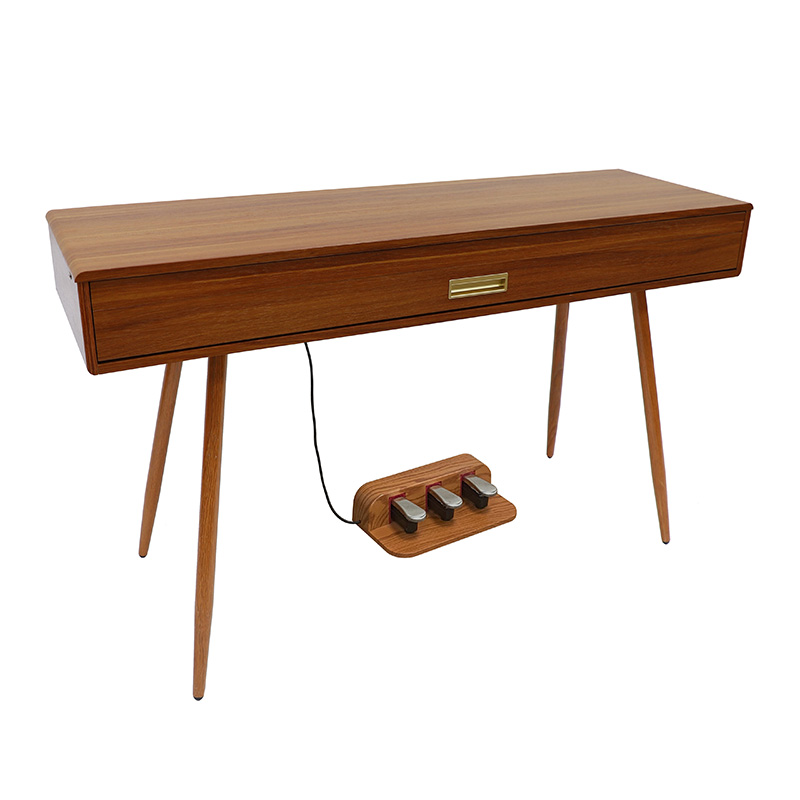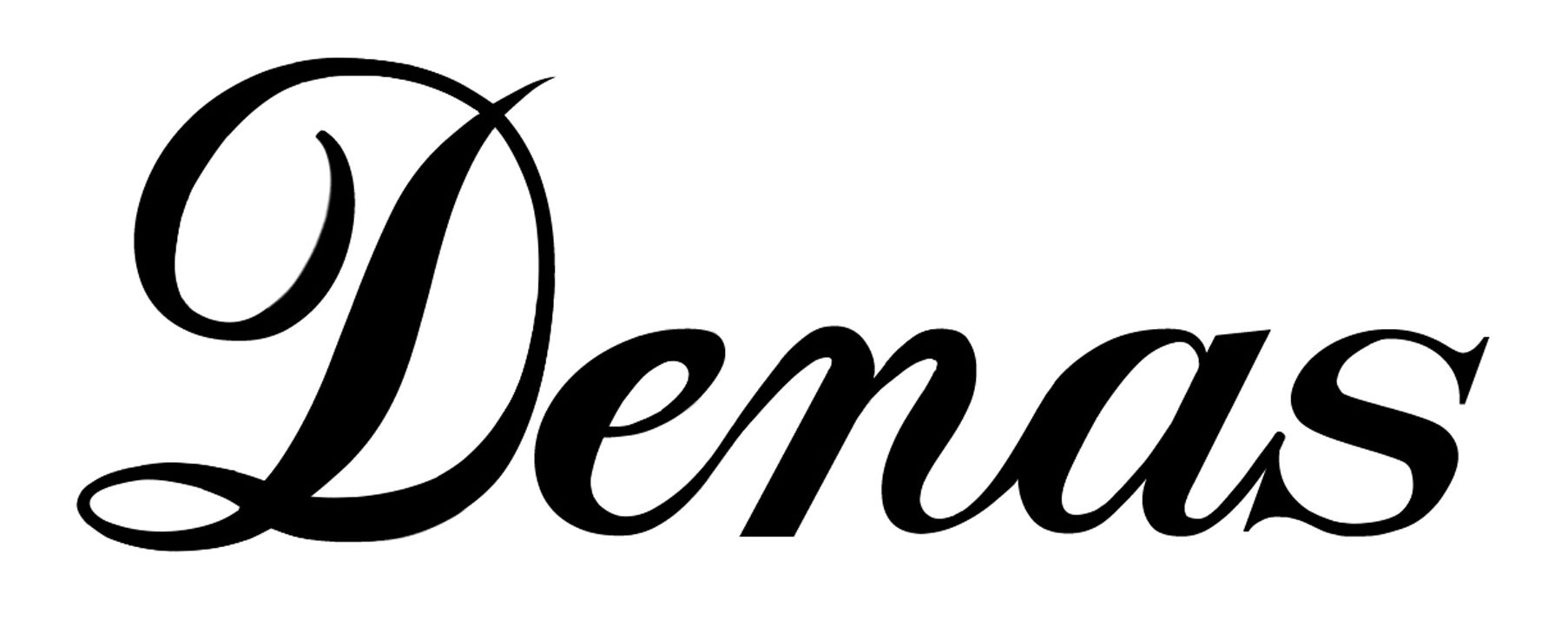Digital pianos have become an indispensable instrument in modern music, offering versatility, convenience, and high-quality sound. Whether for home entertainment, music education, composition, or live performances, digital pianos provide an ideal solution for musicians of all levels. In this article, we explore the various usage scenarios of digital pianos and why they are a preferred choice over traditional acoustic pianos.
Home Entertainment: Enhancing Family Gatherings and Learning Experiences
One of the most popular uses of a digital piano is for home entertainment. Many families find that a digital piano can bring people together, fostering a shared love for music. Here’s why digital pianos are a great choice for household settings:
- Family Gatherings: Whether it’s a holiday celebration, a birthday party, or a casual weekend get-together, a digital piano can liven up the atmosphere by allowing family members to play their favorite songs. With various accompaniment features and rhythm settings, digital pianos can create an immersive musical experience for everyone.
- Children’s Learning: Parents looking to introduce their children to music often opt for digital pianos due to their built-in learning tools, such as light-up keys, interactive lessons, and metronomes. Many models also include recording functions, enabling children to track their progress over time.
- Daily Relaxation and Creativity: Playing the piano can be a stress-reliever, making it a perfect addition to any home. With adjustable volume controls and headphone connectivity, digital pianos allow for private practice without disturbing others.
Music Education: A Reliable Choice for Schools and Training Institutions
Educational institutions worldwide recognize the advantages of digital pianos for music training and instruction. Schools, academies, and private tutors frequently incorporate digital pianos into their curriculum for several reasons:
- Affordable and Low Maintenance: Unlike acoustic pianos that require regular tuning and maintenance, digital pianos offer consistent sound quality without additional upkeep.
- Multiple Sound Options: Digital pianos can replicate a wide range of instrument sounds, from grand pianos to organs and strings, allowing students to experiment with different tones.
- MIDI and Connectivity Features: Many digital pianos are equipped with MIDI (Musical Instrument Digital Interface) capabilities, enabling seamless integration with computers, tablets, and learning apps. This feature helps students enhance their music theory and composition skills.
- Classroom Convenience: In group lessons, digital pianos with headphone jacks allow multiple students to practice simultaneously without distractions. Some models even have dual modes, where teachers can play alongside their students on the same keyboard.
Music Composition: The Perfect Tool for Composers and Arrangers
For musicians involved in songwriting, composing, and arranging, digital pianos serve as an essential creative tool. Their ability to connect with recording software and digital audio workstations (DAWs) makes them indispensable in the modern music production process.
- Versatile Sound Libraries: Unlike traditional pianos, digital pianos provide access to a vast selection of instrument sounds, including electric pianos, synthesizers, and orchestral instruments, making them ideal for composing various music genres.
- MIDI Integration: Professional composers benefit from seamless MIDI integration, which allows them to record, edit, and refine their compositions in real-time.
- Onboard Recording and Layering: Digital pianos often feature multi-track recording, letting composers experiment with different melodies, harmonies, and arrangements before finalizing their work.
- Portability for On-the-Go Creativity: Unlike acoustic pianos, which are stationary, digital pianos can be easily transported, allowing composers to work on their pieces wherever inspiration strikes.
Live Performances and Studio Recording: A Versatile Choice for Professional Musicians
Digital pianos are widely used by professional performers and recording artists due to their portability, adaptability, and high-quality sound production. Whether for live concerts, studio sessions, or touring, digital pianos offer numerous advantages:
- Stage Performance Enhancements: Many digital pianos come equipped with built-in effects, including reverb, chorus, and equalizers, allowing musicians to tailor their sound to suit different venues.
- Customizable Sounds and Presets: Live performers can store presets and adjust tone settings to quickly switch between different sound configurations during performances.
- Connectivity with PA Systems: Digital pianos feature line-out and USB connectivity, ensuring optimal sound output when connected to amplifiers, mixers, and recording devices.
- Lightweight and Compact Design: Unlike traditional grand pianos, digital pianos are designed for easy transportation, making them ideal for touring musicians who need a reliable yet compact instrument.
- Perfect for Studio Recording: With low-latency responses and high-quality sampling technology, digital pianos produce studio-grade recordings without the complexities of mic setups required for acoustic pianos.
Digital pianos have revolutionized the way musicians create, learn, and perform music. Their versatility, affordability, and technological advancements make them a superior choice for home users, educators, composers, and performers alike. Whether you are looking for a beginner-friendly instrument or a professional-grade digital piano, there is a model available to suit every need.




